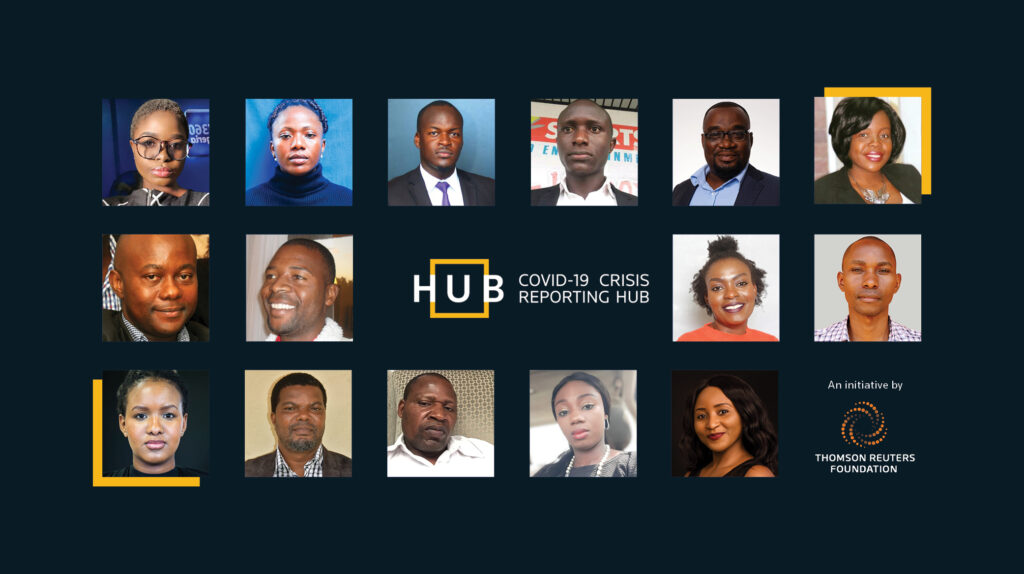
Fifteen journalists from 10 different countries in sub-Saharan Africa took part in the Thomson Reuters Foundation’s first COVID-19 Crisis Reporting Hub training from April 27 to July 16.
Addressing the urgent need to facilitate access to accurate information and counter misinformation during the current health emergency, the Hub was launched by the Foundation to equip journalists with the skills they need to report on the pandemic and its impact on economies, health care systems and communities. Training kicked off for the second cohort of reporters based in the Eastern Partnership countries on July 7, with plans underway to scale the initiative to other countries in Africa and Latin America.
As the Africa Hub’s training drew to a close, one participant reflected on her experience:
By Zanji Sinkala, a multimedia journalist from Zambia
When I came across the Thomson Reuters Foundation’s COVID-19 Crisis Reporting Hub I was drawn to its purpose of helping African journalists report on the pandemic. As I progress in my journalism career, I continue to notice the low representation of Zambians in international fellowships and programmes. Whether this is because of the state’s heavy regulation of the media, I am unsure. However, it was something I felt challenged to change by putting myself out there. Insisting on a seat at the table. So being selected for the Hub was a huge win.
As it has been for everyone else, the COVID-19 crisis has been very challenging for me. Aside from its emotional and psychological impact, it has also affected my work as a freelance journalist. In Zambia, it became increasingly difficult to report on the crisis because access to official information was mostly given to journalists employed by state-owned media organisations. Freelancers had to take a back seat and sources were hard to reach. Despite how frustrating this became, I decided to use this time to develop myself professionally, and the Hub was the perfect platform for this.
Three months have never flown by faster. When I first applied for the Hub, I didn’t expect to learn half of the skills that I have. Over the twelve weeks, I always looked forward to the assignments that came before and after the ‘Skill Lab’ sessions – which covered topics from digital newsgathering to data visualisation – because they kept me on my toes and helped me thoroughly grasp each and every skill.
Throughout the sessions, I was taught to think in new ways and was continually encouraged by the trainers to use a fresh pair of eyes when reporting each story – and to keep focused on ensuring it was newsworthy.
Learning about mobile journalism was one of the highlights of the training. For years I was taught to trust only my digital camera for video production, and I was ecstatic to learn that I could produce good content with my smartphone. The best part? I could do this wherever I was. Learning about the different angles and shots to use, as well as the editing applications, was really interesting and equipped me with the skills and tools that can help me to work anywhere, anytime.
The sessions on verification were also enthralling and made me realise how I had been overlooking the impact of false images and videos. The Hub reminded me of how important the quality and integrity of my journalistic work is. It helped me understand how I must pay attention to every single detail and not to overlook even the simplest of things when assessing the credibility of a story or information – no matter how captivating or riveting it is.
The focus that the Hub’s trainers had on our continuous development and improvement provided the perfect foundation for us all to grow and learn from the challenges we face as journalists. I was still reporting during the training, and I was desperately trying to obtain a statement from the Zambian government on its response to a particular demographic during the COVID-19 pandemic. I struggled to decide whether to rush into print before another journalist got a hold of the story or wait for a statement that might never come. The Hub showed me that even in reporting and telling a strong story, there are always two sides. This reminder pushed me to never take no for an answer, no matter how long it takes. In the end, the government gave in to my resilience and provided me with the information I had been pushing to get for almost two months.
My success landed me a freelance role reporting on the COVID-19 crisis for a popular Zambian newspaper.
As the Hub’s training comes to an end, I’m excited about what lies ahead for me in my journalism career. To say that the programme fulfilled my expectations is an understatement. It not only equipped me with skills I was lacking and hoping to acquire but also those I never knew I even needed. These different skills have helped me develop both personally and professionally. I have no doubt that I will thrive as a young journalist and be an asset not only to my country but to the world.
More News
View All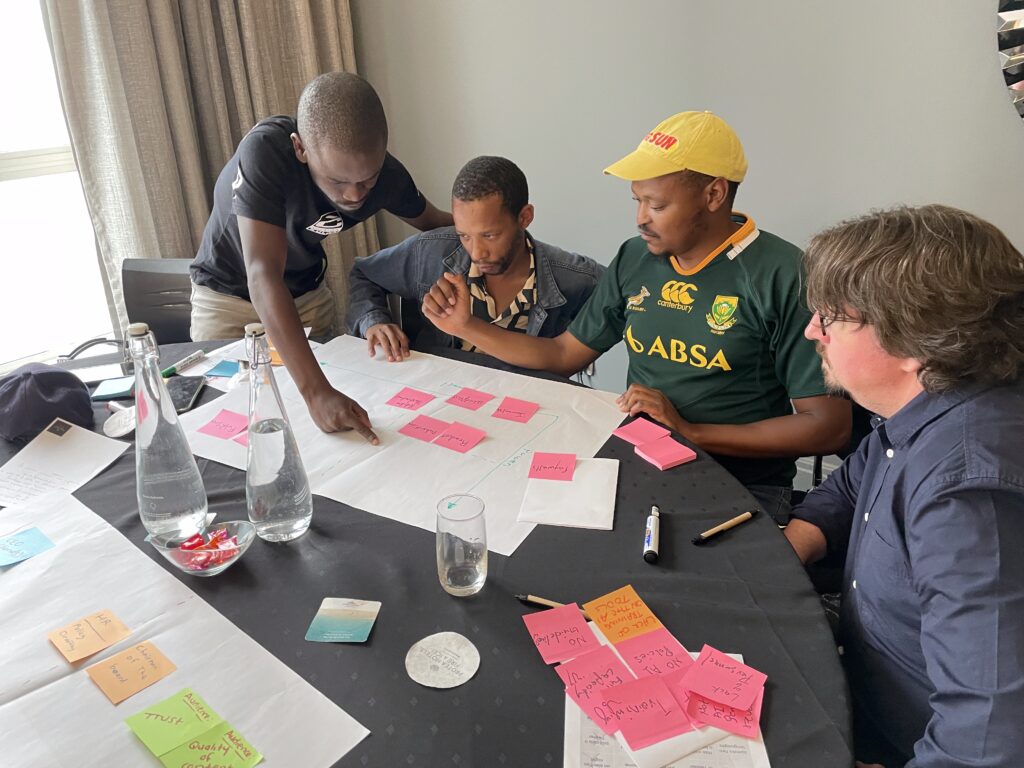
Our impact in 2025: Building resilience in a turbulent year
Our CEO Antonio Zappulla reflects on 2025:…
Read More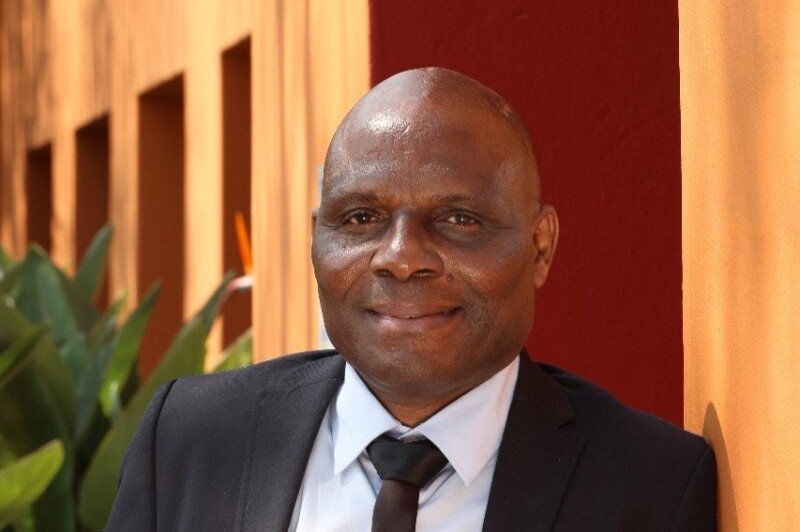
Uncovering illicit financial flows: Training that transformed one journalist’s approach to reporting
Find out how training from the Thomson Reuters Foundation transformed Fidelis…
Read More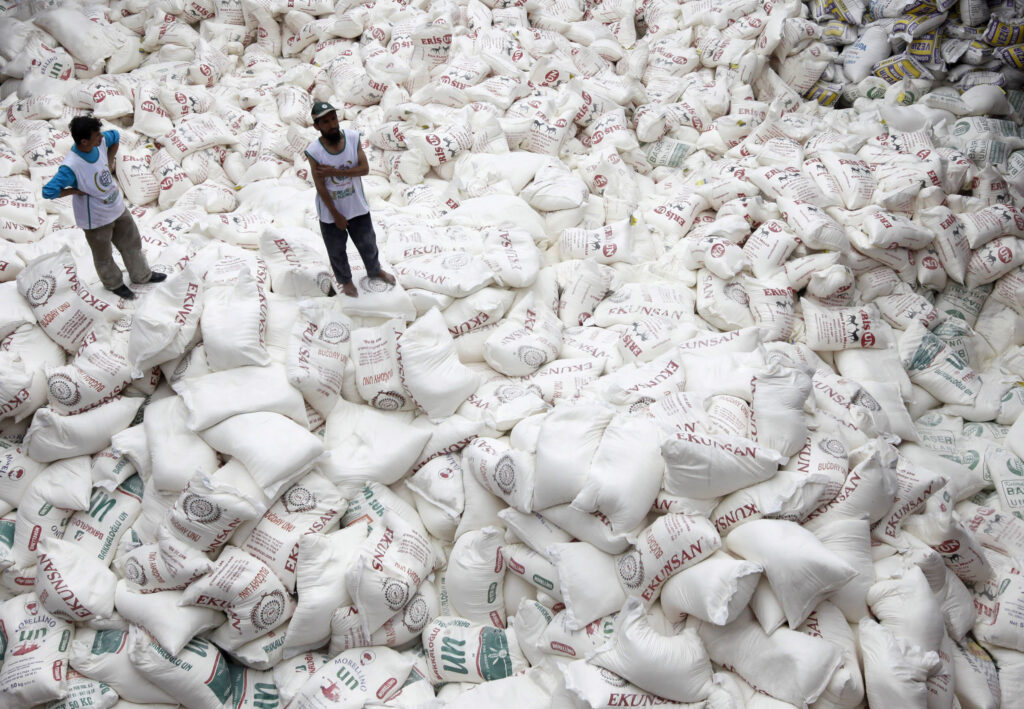
Legal needs are rising for NGOs amid attacks on civil society and funding cuts, our latest report finds
Our new report finds that legal needs amongst NGOs have risen significantly over the last…
Read More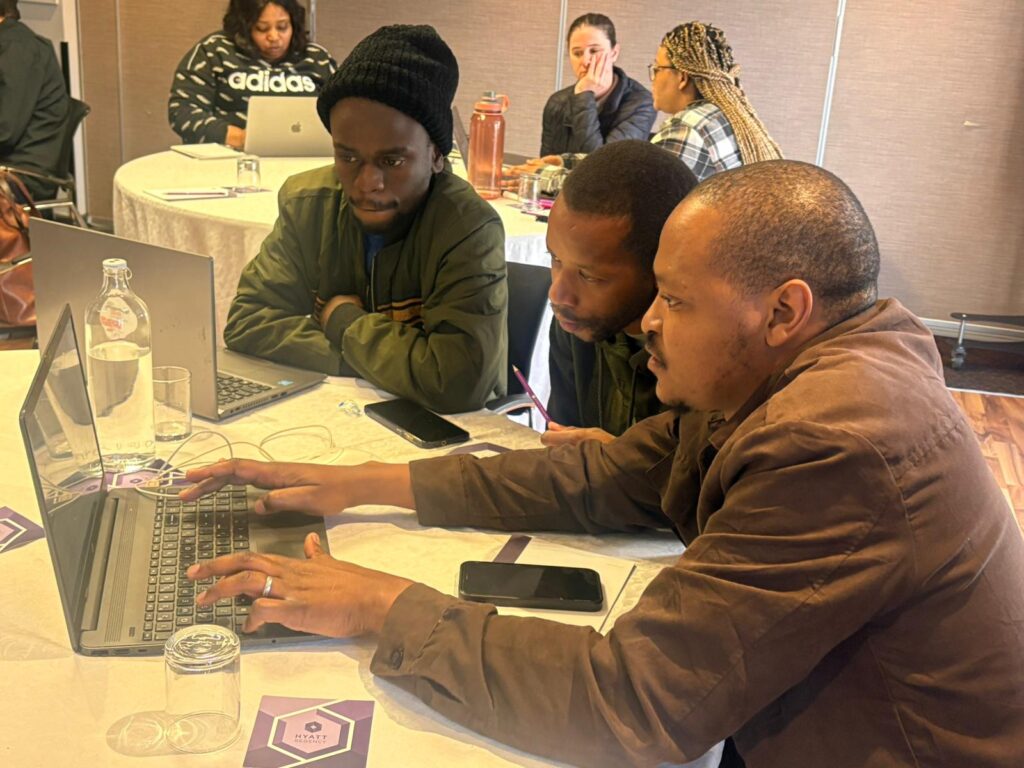
How South African newsrooms are benefiting from strategic and ethical AI adoption
We have…
Read More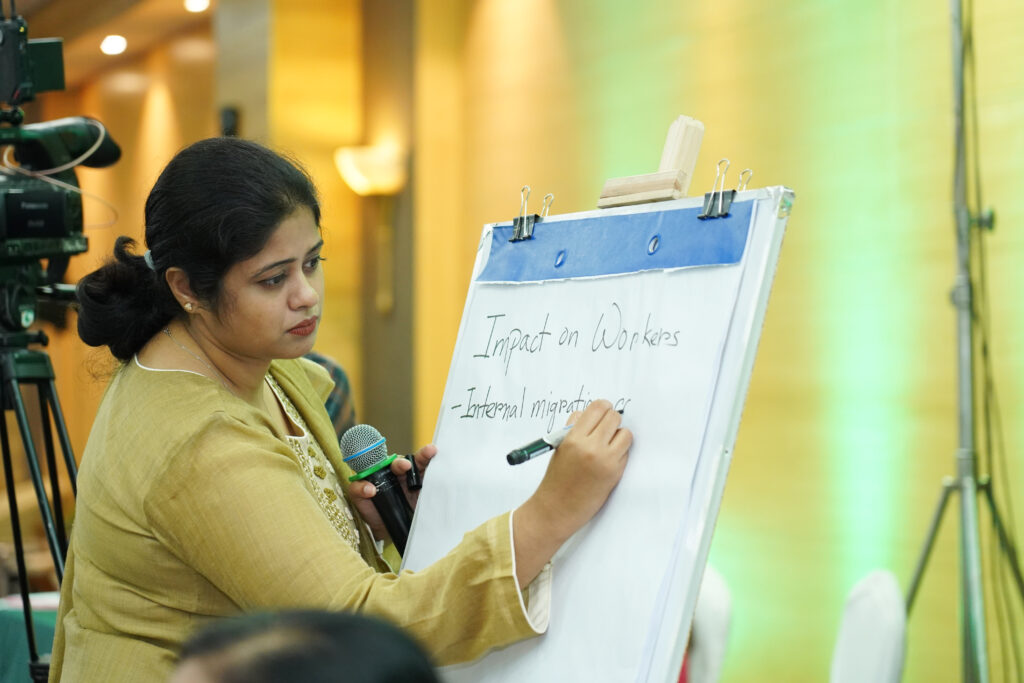
World’s largest dataset shows transparency gaps in AI adoption
The Thomson Reuters Foundation…
Read More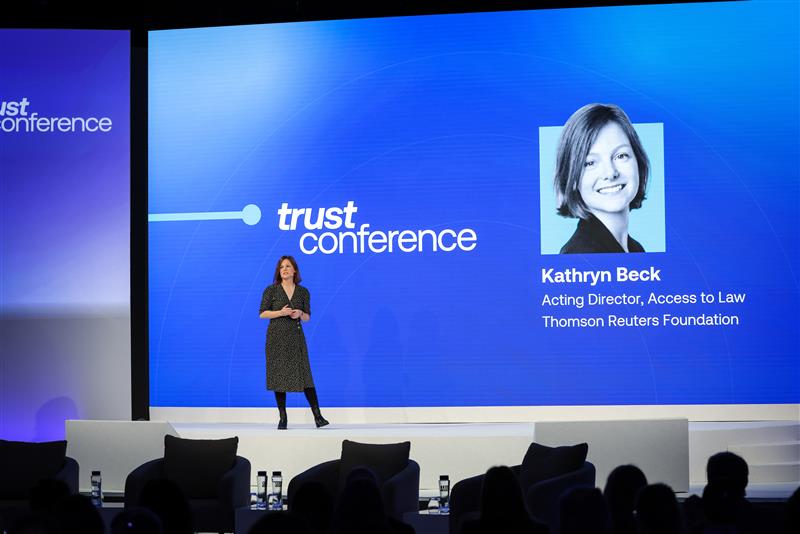
The authoritarian playbook in action: Insights from Trust Conference 2025
Learn our Acting…
Read More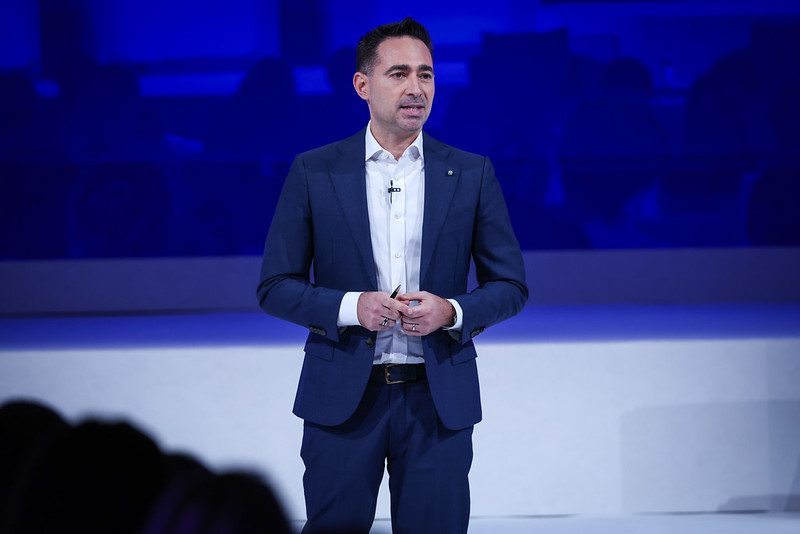
Antonio Zappulla: Technology is redefining power, information and influence. What is at stake?
View our CEO Antonio Zappulla’s opening remarks for Day Two of Trust Conference…
Read More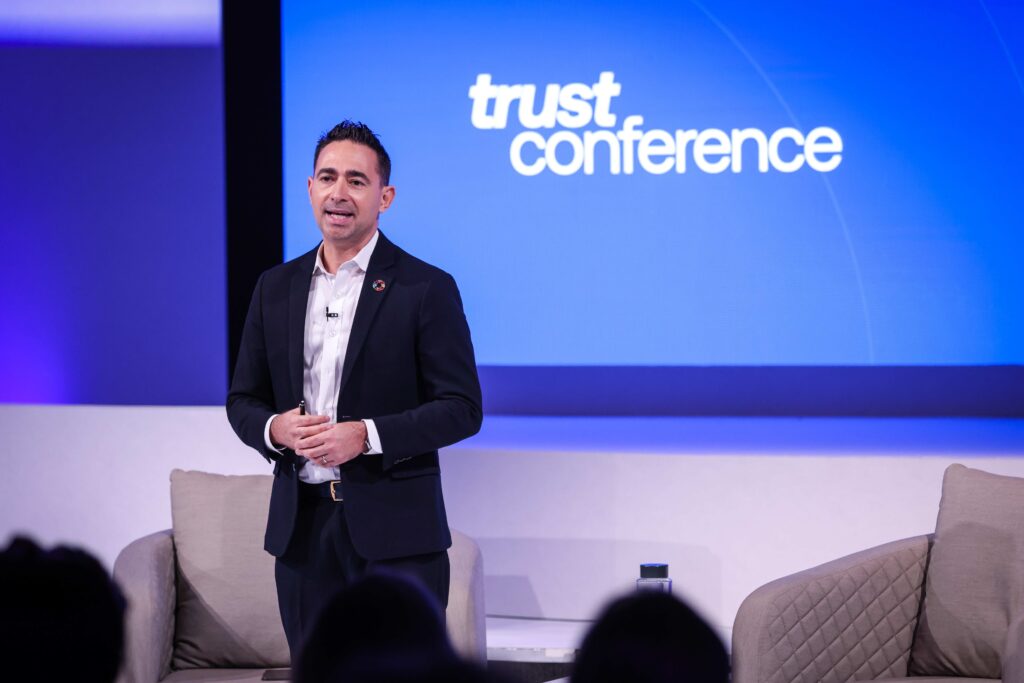
Antonio Zappulla: Three key drivers are reshaping the world and eroding democracy
View our…
Read More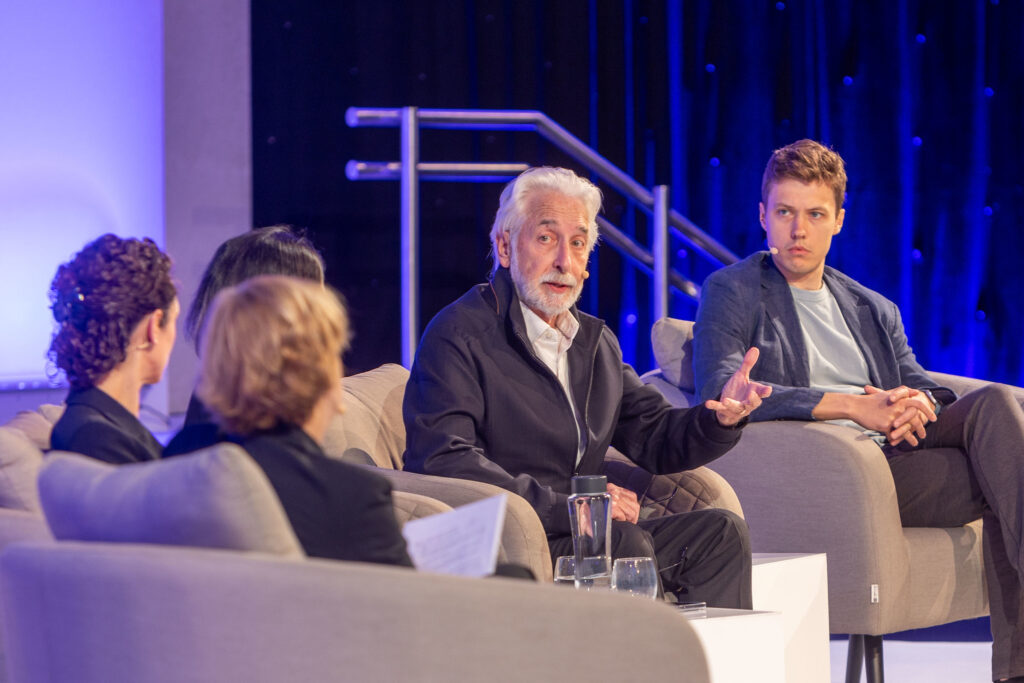
Trust Conference 2025: Disinformation, lawfare and aid cuts — Civil society’s fight for survival
Trust Conference, the annual flagship forum hosted by the Thomson Reuters Foundation,…
Read More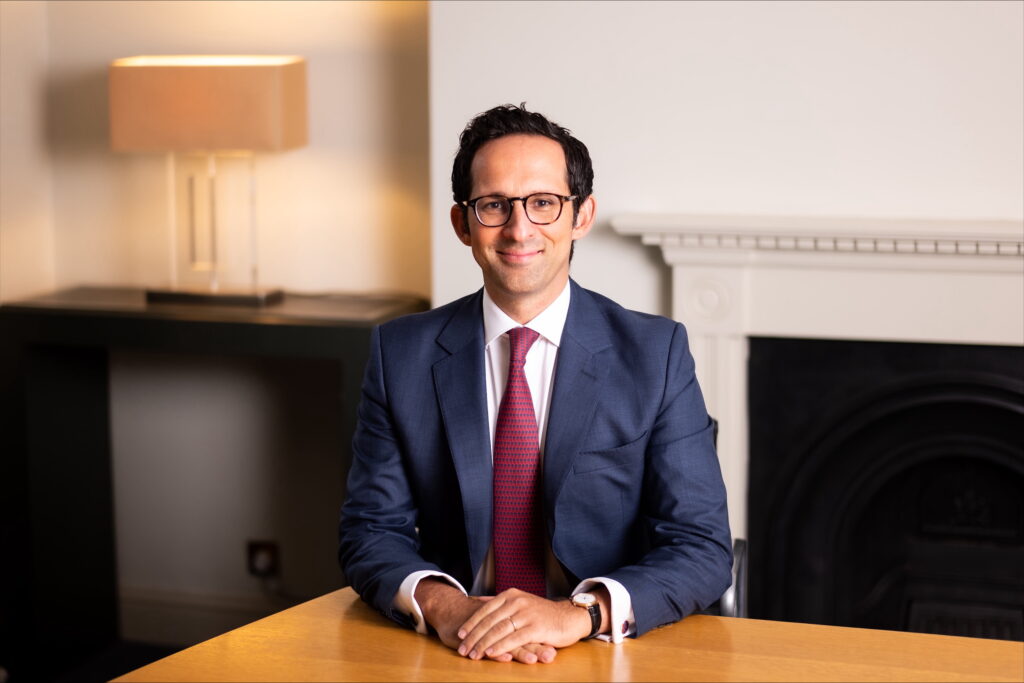
Professor Can Yeğinsu joins Thomson Reuters Foundation Board of Trustees
We are delighted to…
Read More

